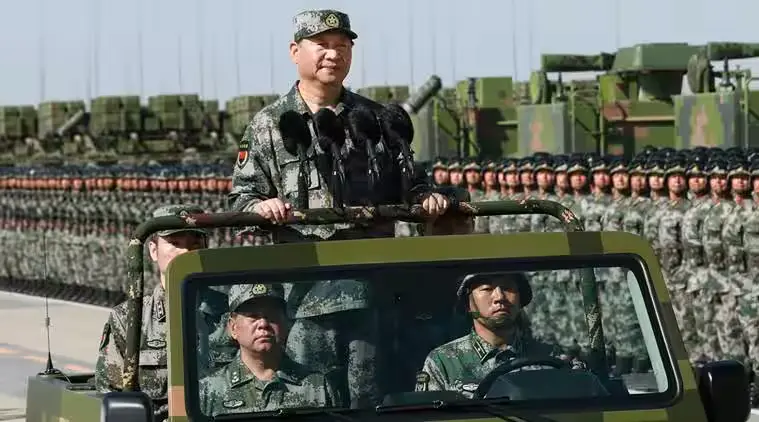(Opinion) Recent alterations in China’s military landscape are casting doubt over President Xi Jinping’s authority on the People’s Liberation Army (PLA).
High-ranking officials, including Li Shangfu, have vanished from public view, fueling speculation about Xi’s wider plans for the nation.
Xi has long granted the PLA significant autonomy to ensure allegiance to the Communist Party.
Yet, these sudden disappearances suggest Xi may be rethinking the dependability of some of his top officers.
This newfound uncertainty could act as a deterrent against military aggression on the global stage.
Multiple changes have taken place under Xi’s rule.
In-depth investigations into the Equipment Development Department, which is responsible for arms procurement, align with Li Shangfu’s terms of service.
This focused attention raises questions about what Xi’s actual motives might be.
Concurrently, turnover among leaders of the PLA Rocket Force has ignited rumors of corruption and potential intelligence leaks.
This chips away at the confidence analysts once had in Xi’s command over the military.

Xi’s strategy to maintain power incorporates time-tested methods like fostering internal competition to secure loyalty.
Despite these tactics, unforeseen changes like the sudden dismissal of China’s military court chief have led analysts to reassess Xi’s grip on the military.
Often considered the most influential military leader since Deng Xiaoping, these shifts paint a less certain picture of Xi’s capabilities.
Xi’s balance of power is further clarified by his retention of veteran leaders like Zhang Youxia, an influential ally.
The untouched status of Zhang amidst these shifts emphasizes Xi’s reliance on experienced figures to keep the military stable.
While Xi advocates for greater discipline within the PLA, its self-governance model largely stays the same.
This fosters loyalty but may also enable misconduct to go unchecked.
PLA Autonomy
The issue of PLA’s autonomy has deep roots, going back to the time of Deng Xiaoping. However, the recent developments introduce new uncertainties.
Xi’s relationship with the PLA wavers between needing the backing of military elites and striving for tighter control.
The unfolding events could potentially impact China’s foreign policy choices and shape internal debates about the PLA’s reliability in future conflicts.
In closing, the PLA remains central to Xi’s broader strategy, but recent shifts throw a shadow over his ability to hold the reins.
These changing dynamics could be pivotal in defining China’s future military engagements and its internal governance structures.

